
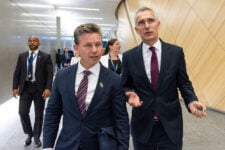
Pål Jonson said if a “concrete proposal” was presented for allied countries to send personnel, Sweden would “take it into review.”
By Justin Katz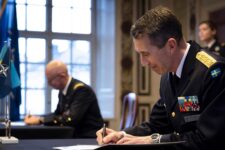
Gen. Micael Byden, Supreme Ccmmander of Sweden’s military, sat down with Breaking Defense during a recent visit to Washington.
By Aaron Mehta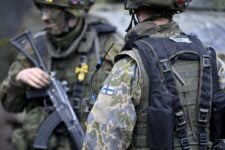
Helsinki had considered the “wise” move of storing some equipment out of Moscow’s reach for years, but NATO membership cut through red tape, Finnish officials told Breaking Defense.
By Lee Ferran
In a clear reference to Russian aggression, the Swedish government committee warned in a statement of the “deteriorating security situation.”
By Tim Martin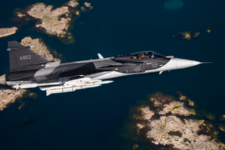
As Stockholm plots its way forward, Saab CEO Micael Johansson had called for such a study in a previous interview with Breaking Defense.
By Lee Ferran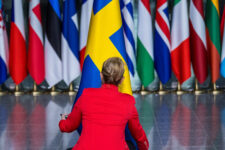
Sweden brings to the alliance high-tech, high north fighting capabilities, but says it won’t host nuclear weapons as part of NATO’s deterrence strategy.
By Tim Martin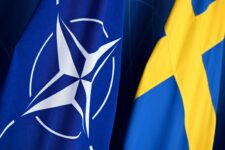
The formal membership comes less than two years after Sweden first applied, after years of military neutrality.
By Aaron Mehta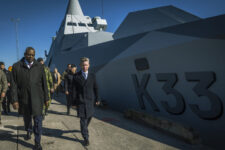
With the Hungarian vote, all NATO members have supported Sweden’s bid, clearing the way for Stockholm to join the alliance.
By Tim Martin
Hungary was the third country, behind Sweden and Czech Republic to operate the Gripen C/D planes, initially acquired under a lease agreement for 12 single seaters (Gripen C) and a pair of two seaters (Gripen D).
By Tim Martin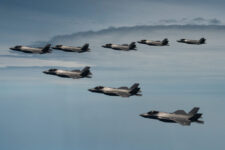
The Czech government suggested the timing and location of the signing in Prague was affected by US Defense Secretary Lloyd Austin’s recent health issues.
By Lee Ferran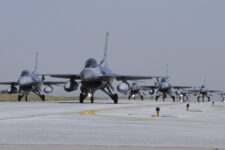
Lawmakers have not been shy about directly tying Turkey’s F-16s to Anakara’s approval of Sweden’s NATO bid.
By Lee Ferran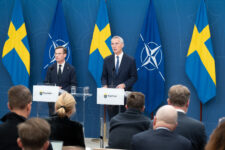
NATO members Turkey and Hungary cleared the way for Finland’s formal accession in April 2023 but left Sweden behind at the time.
By Lee Ferran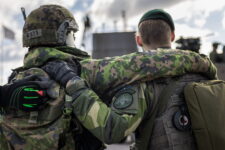
Once entry has been approved, Stockholm is widely expected to make a substantial military contribution to NATO, especially across air and sea domains.
By Tim Martin



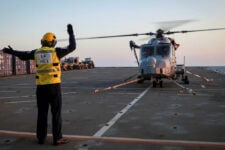

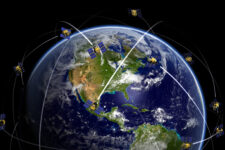
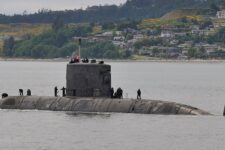
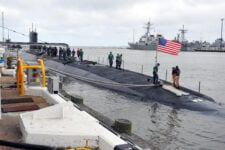
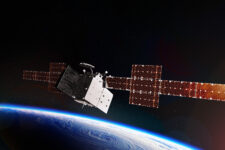
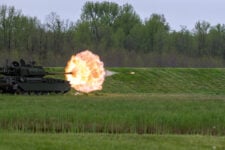
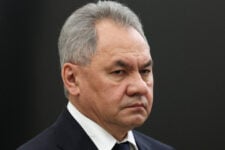


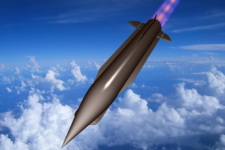

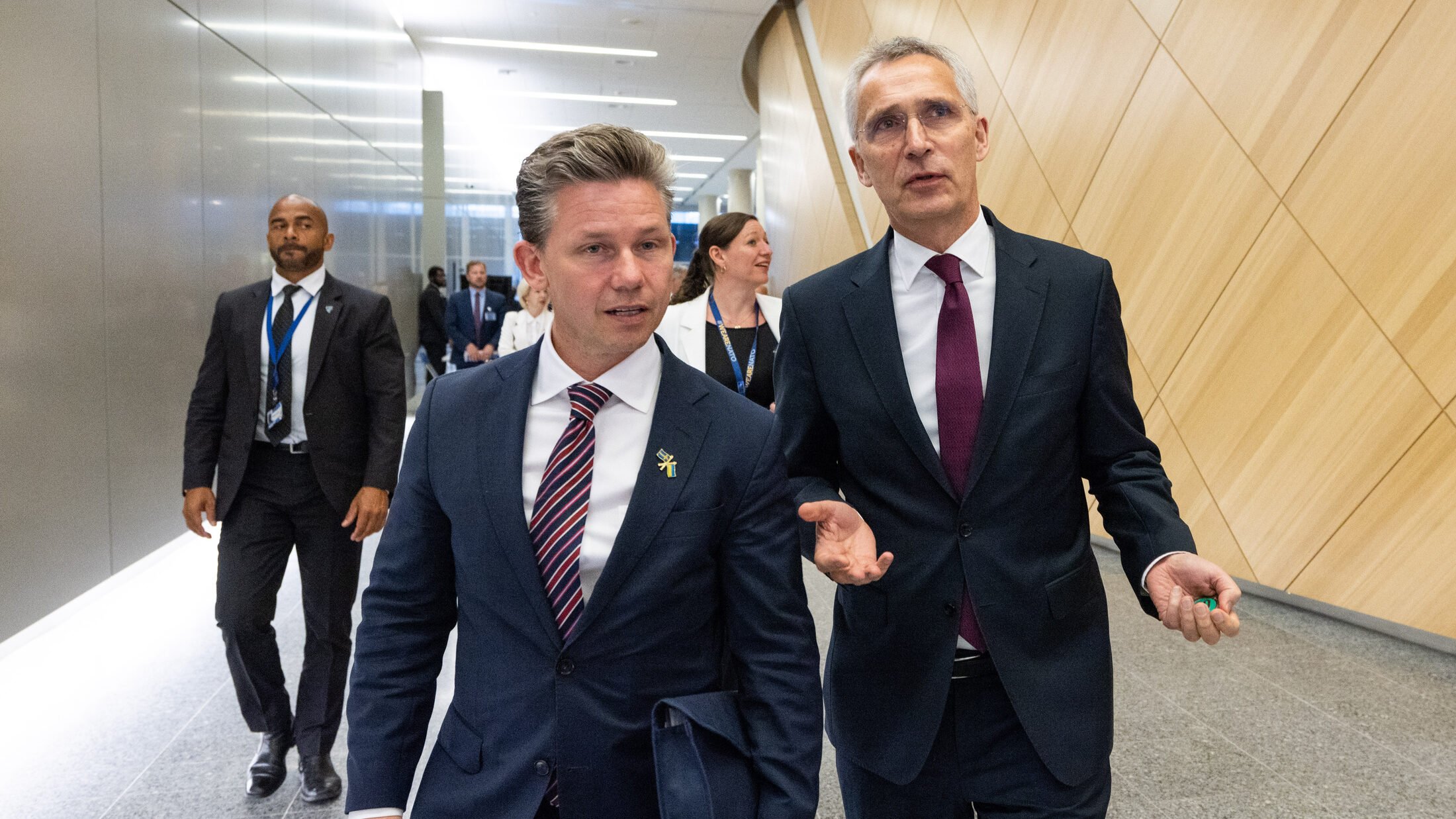
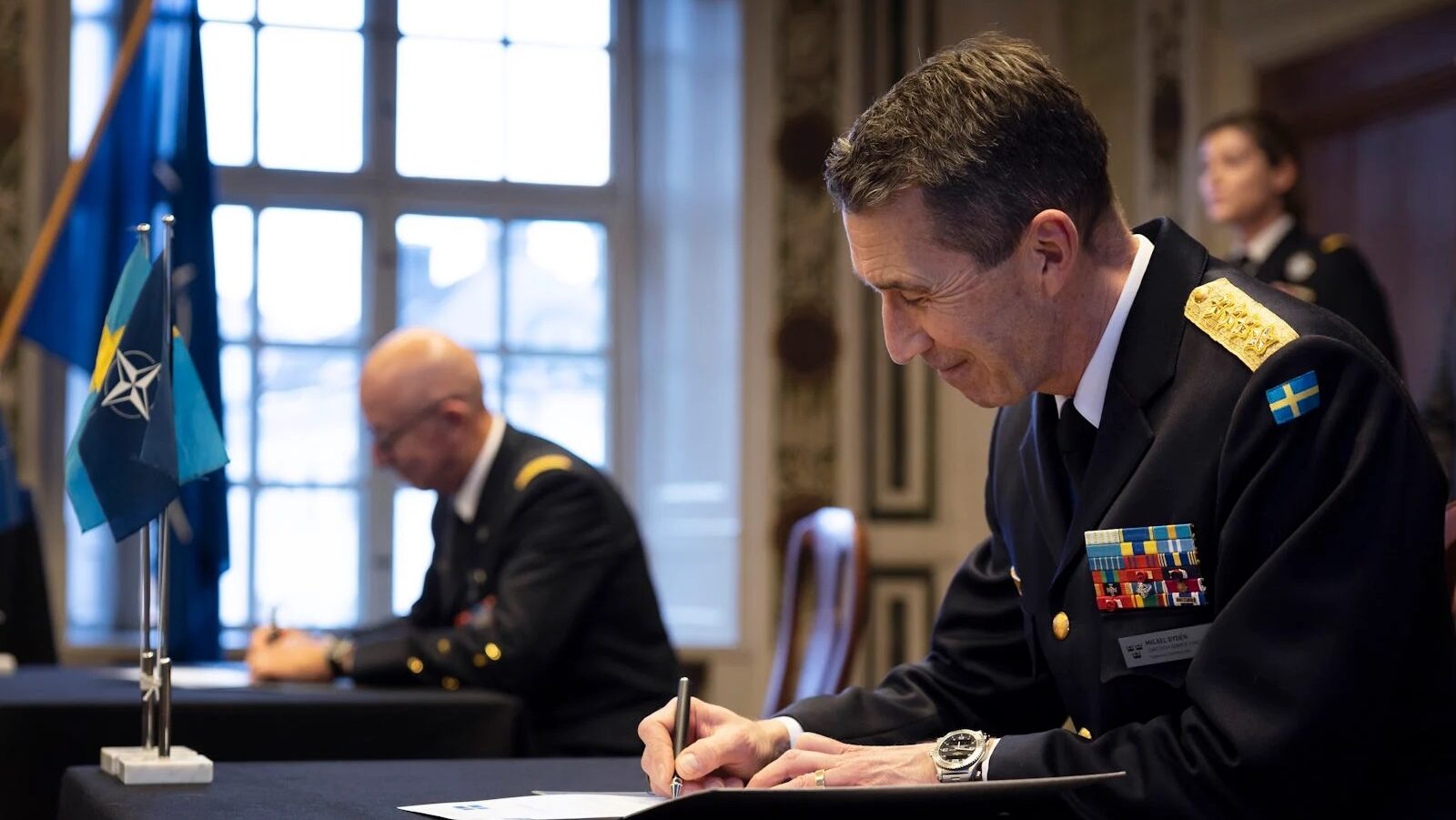
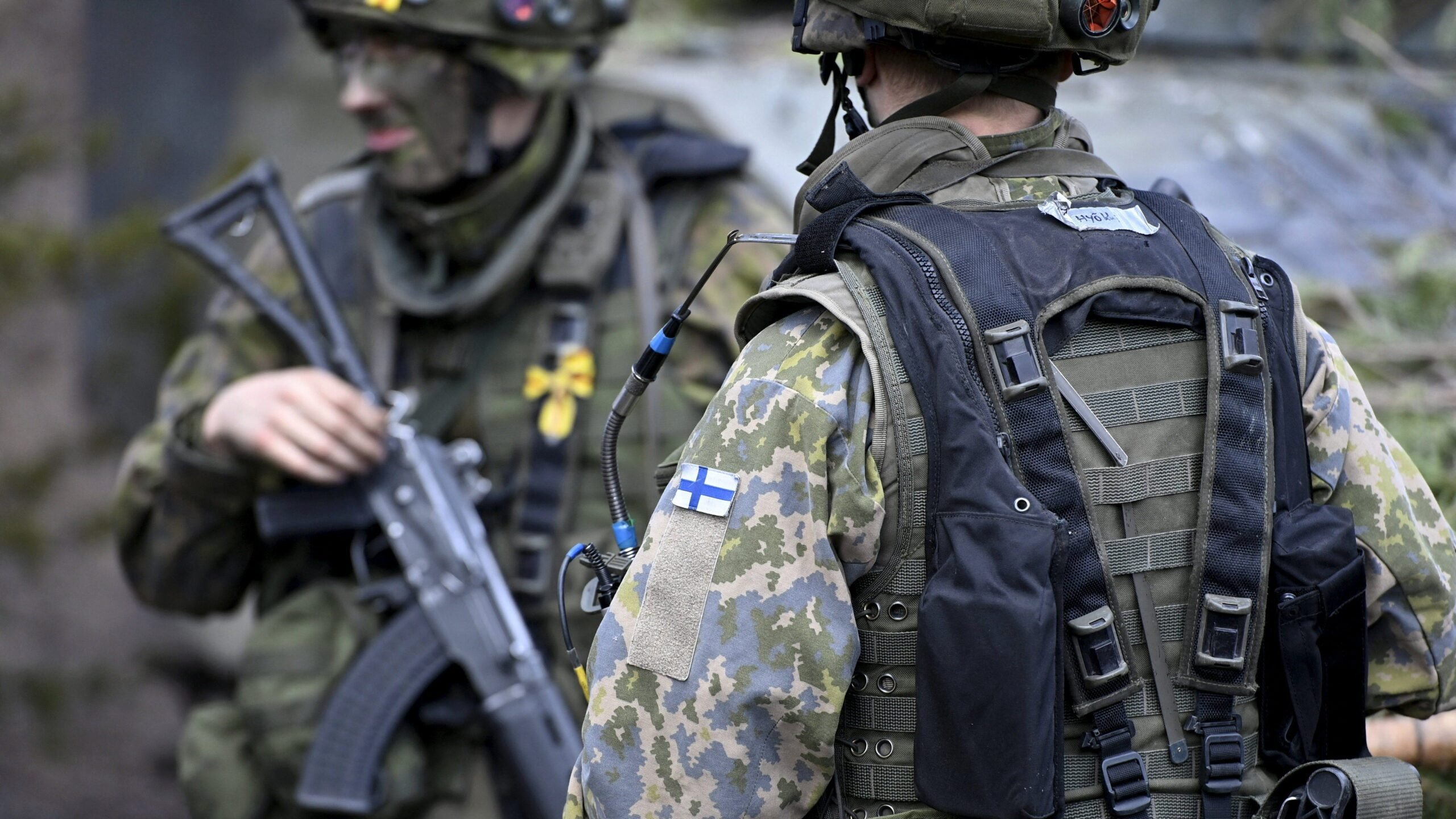

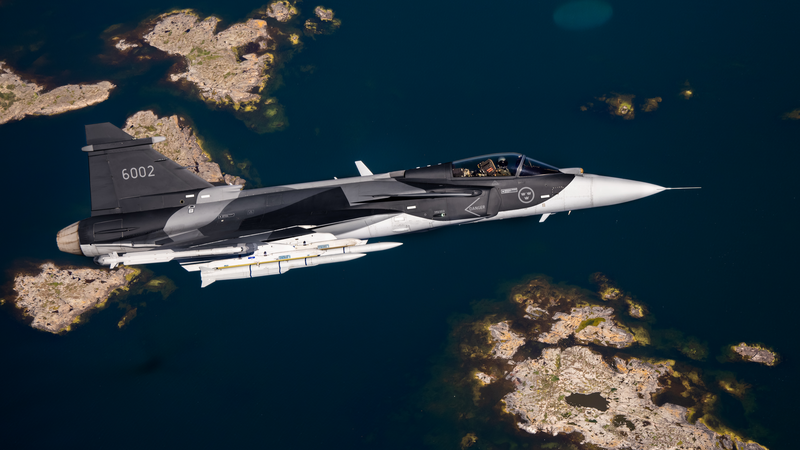
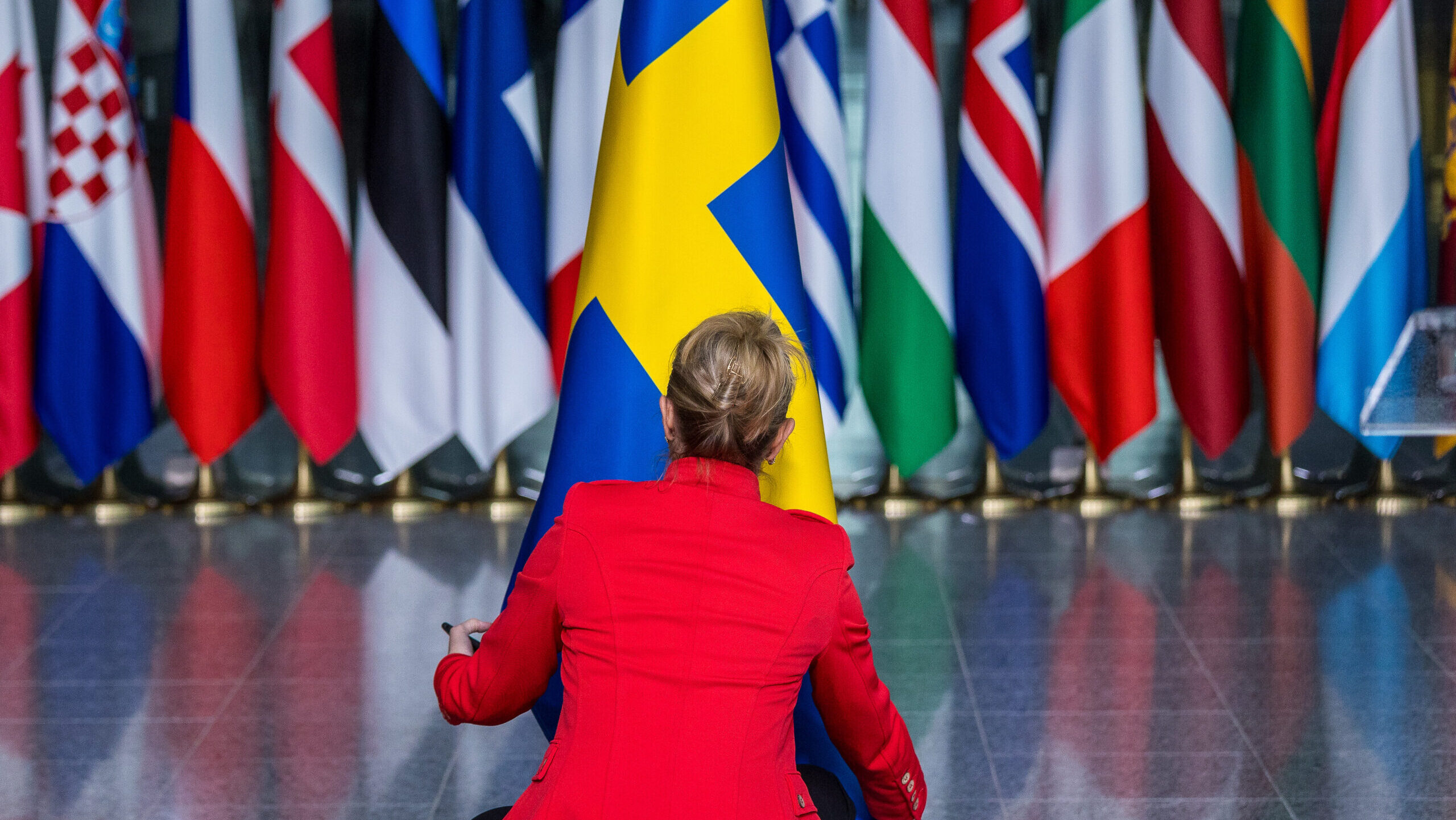
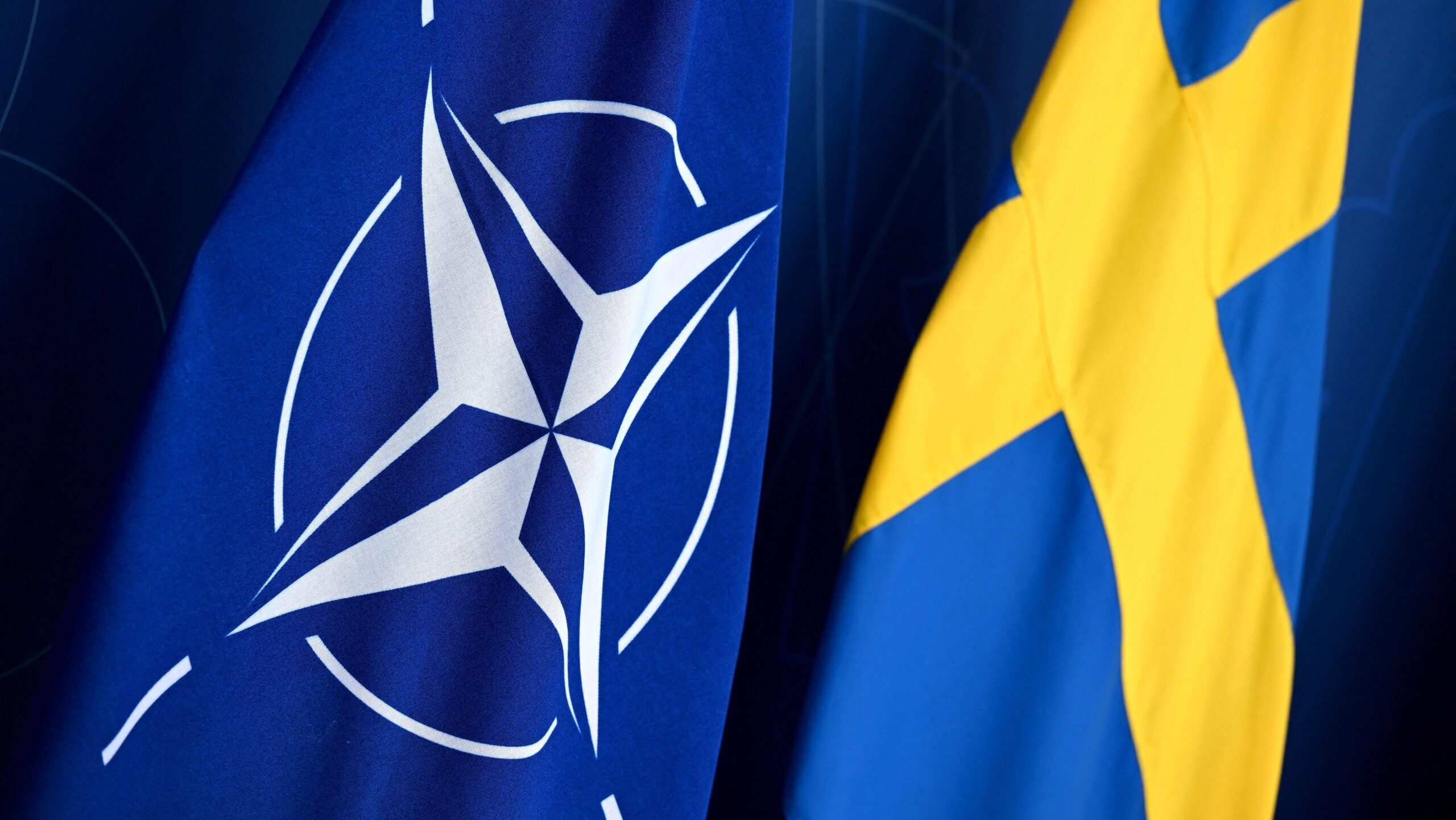
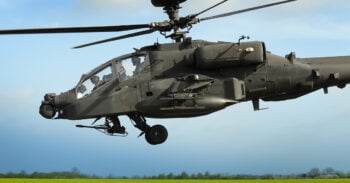
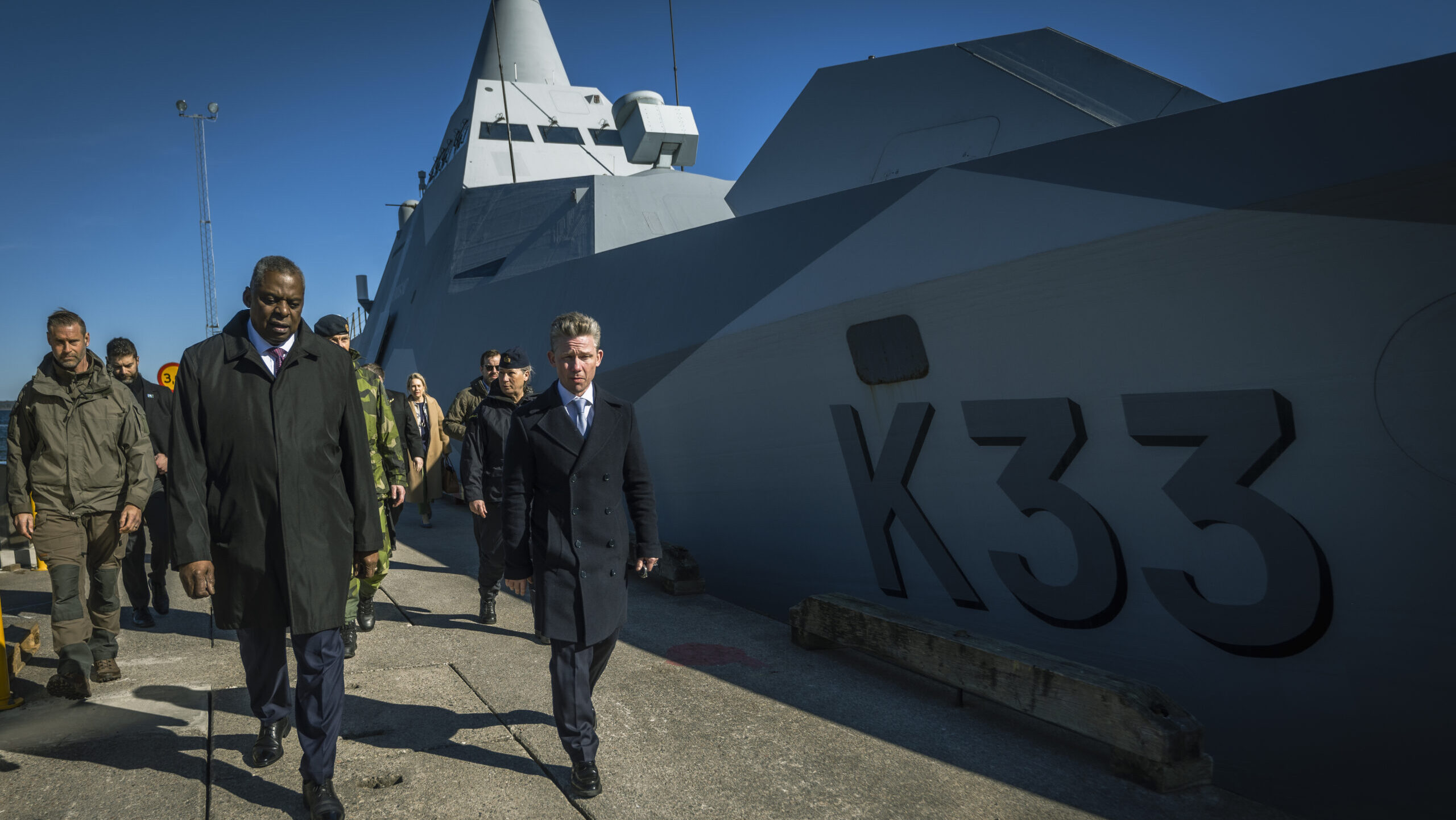
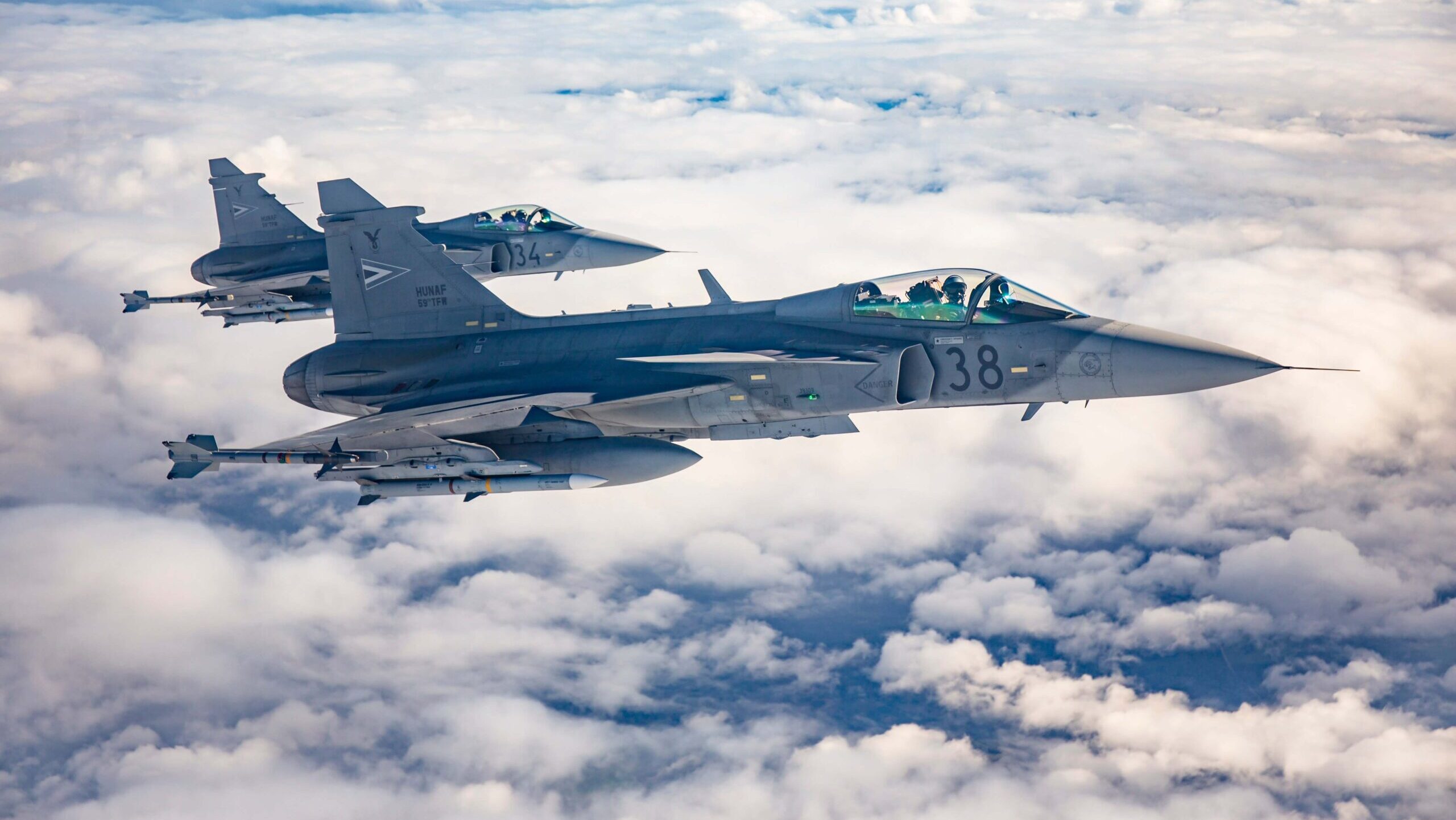
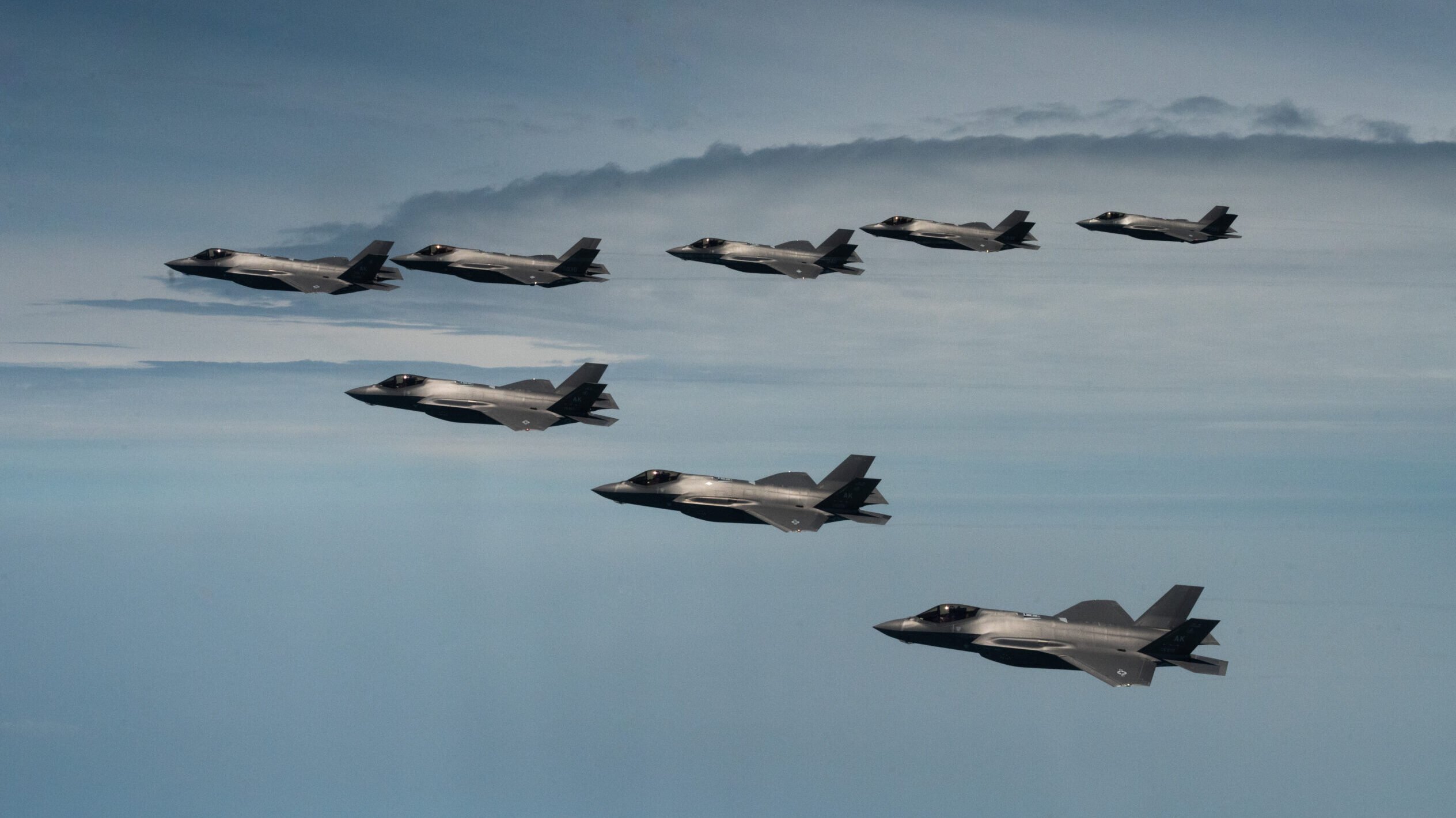
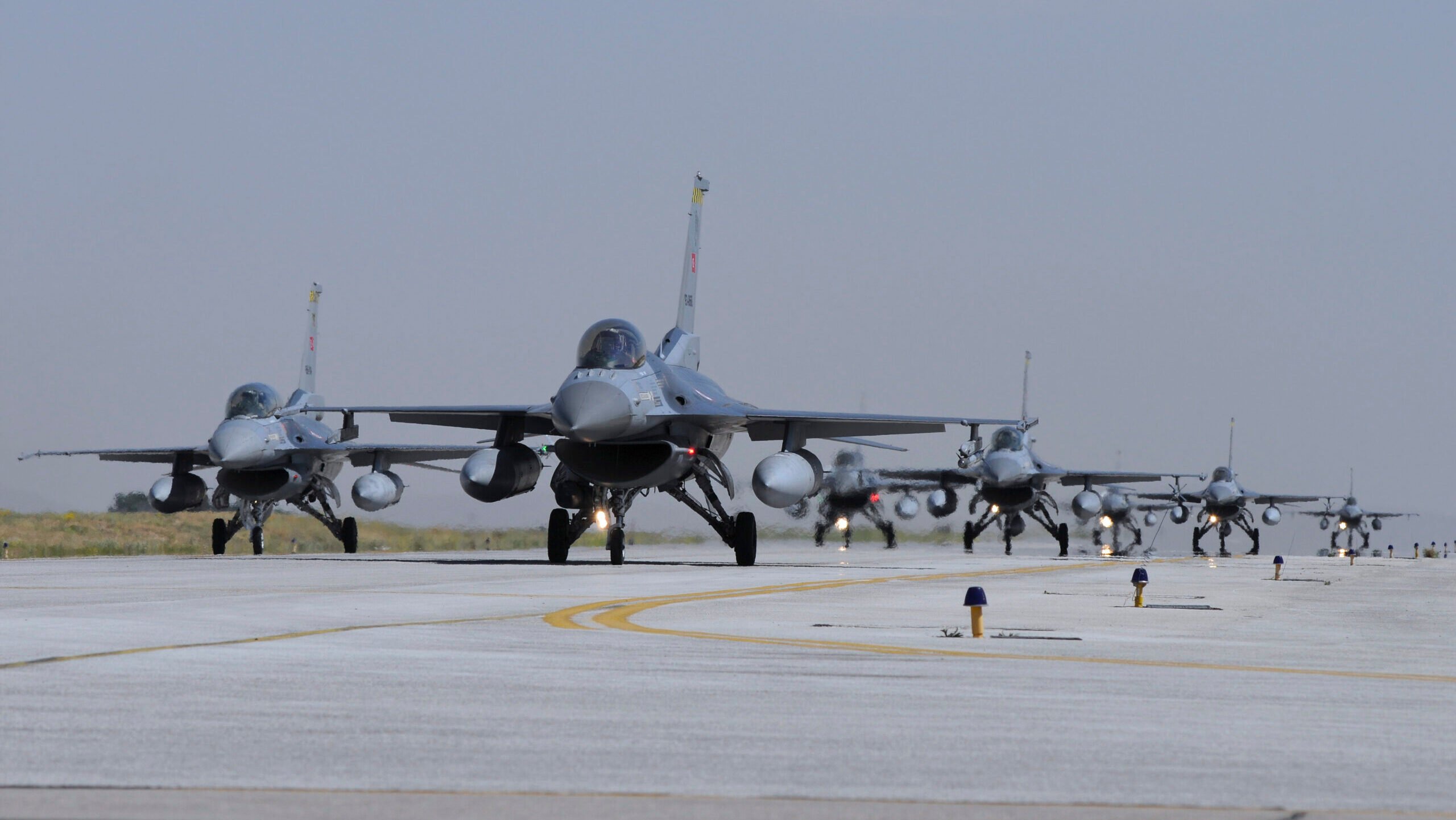
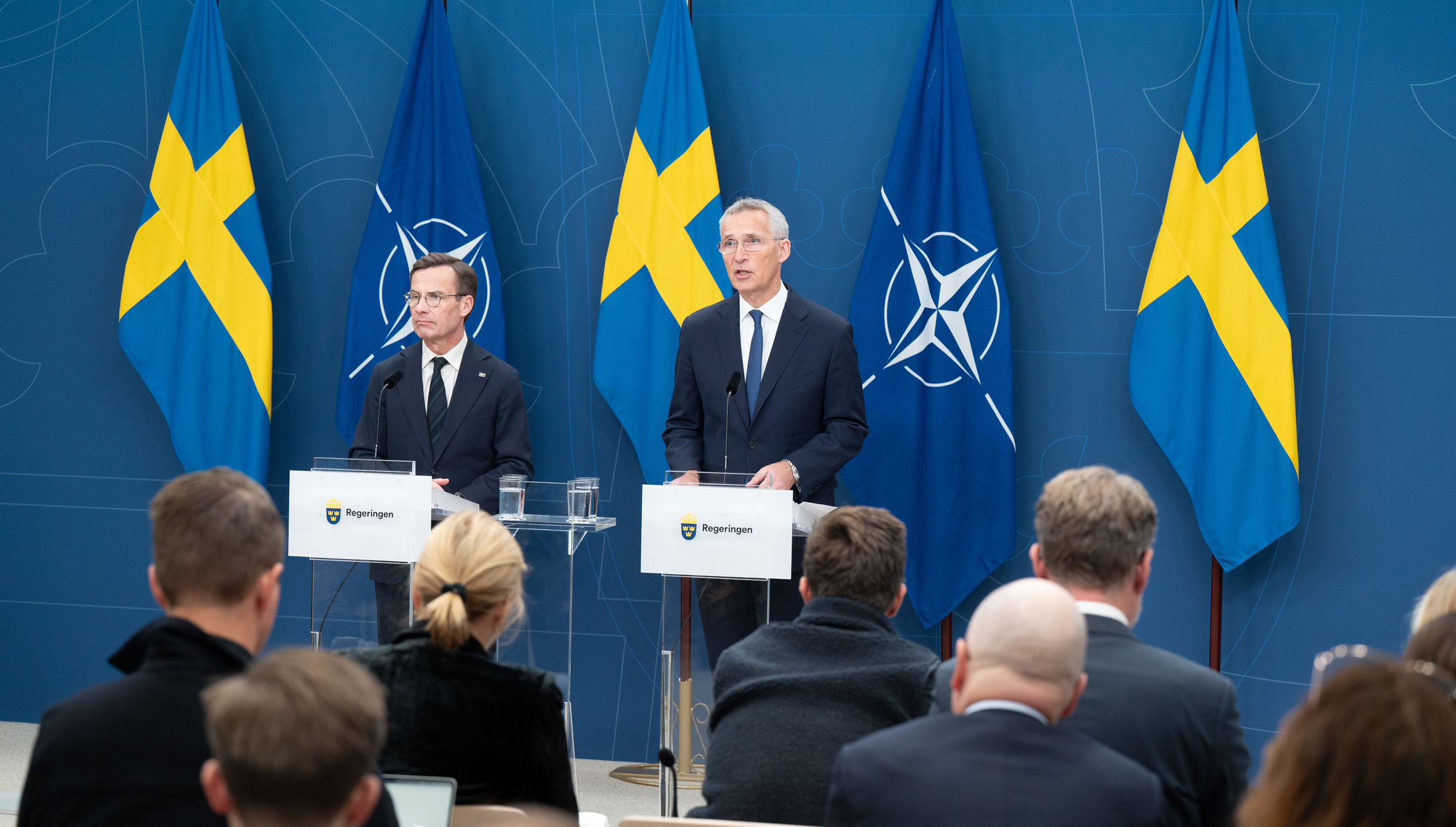
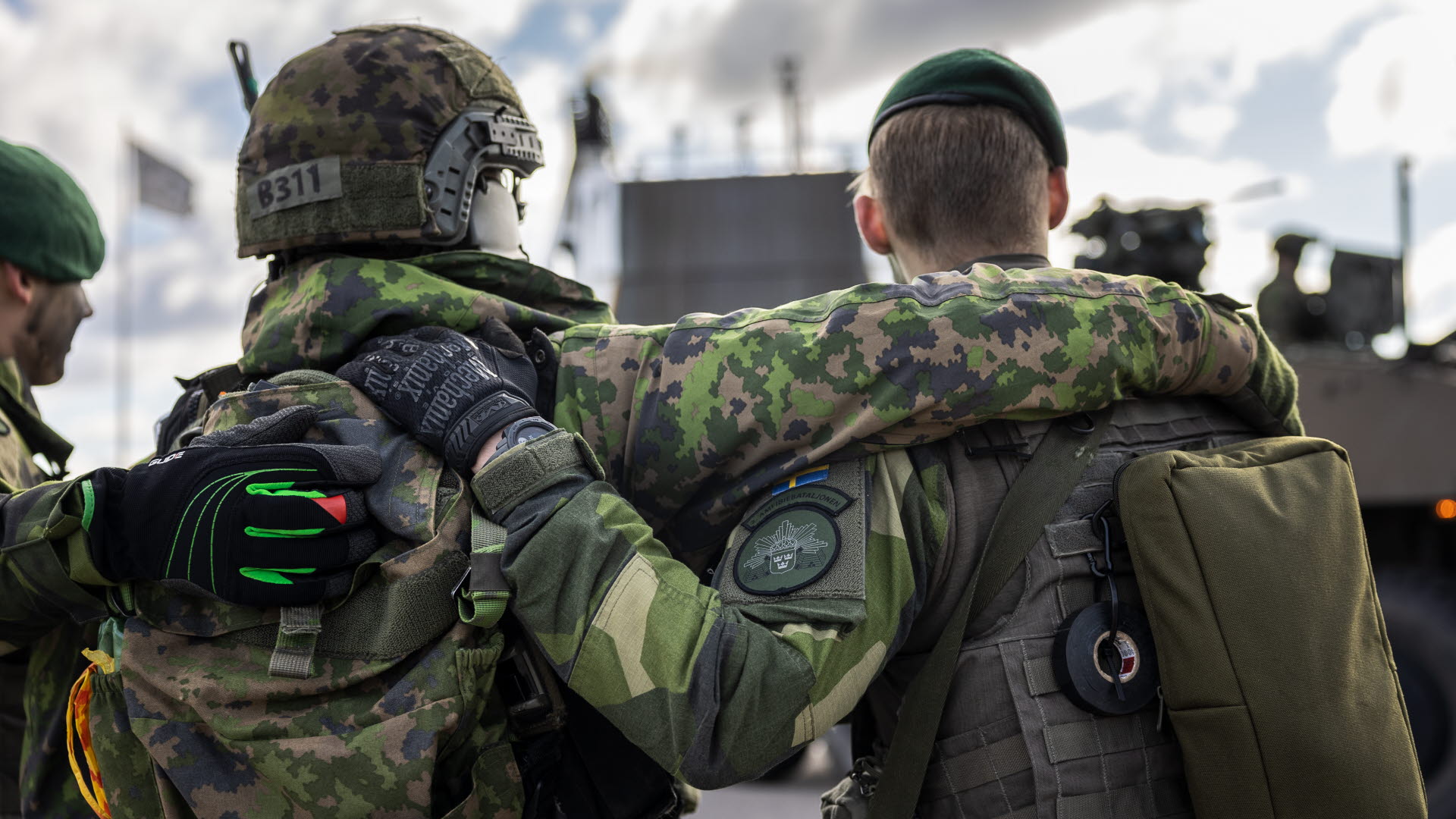

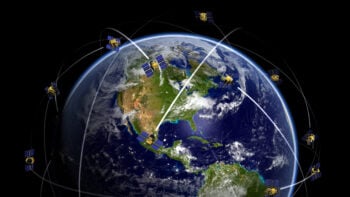
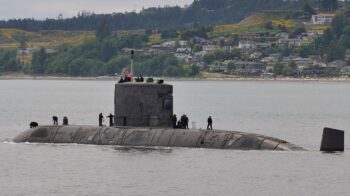


Dana Goward, president of the Resilient Navigation and Timing Foundation, argues in this op-ed that Russia could be putting civilians at risk with suspected jamming in Eastern Europe.
By Dana Goward